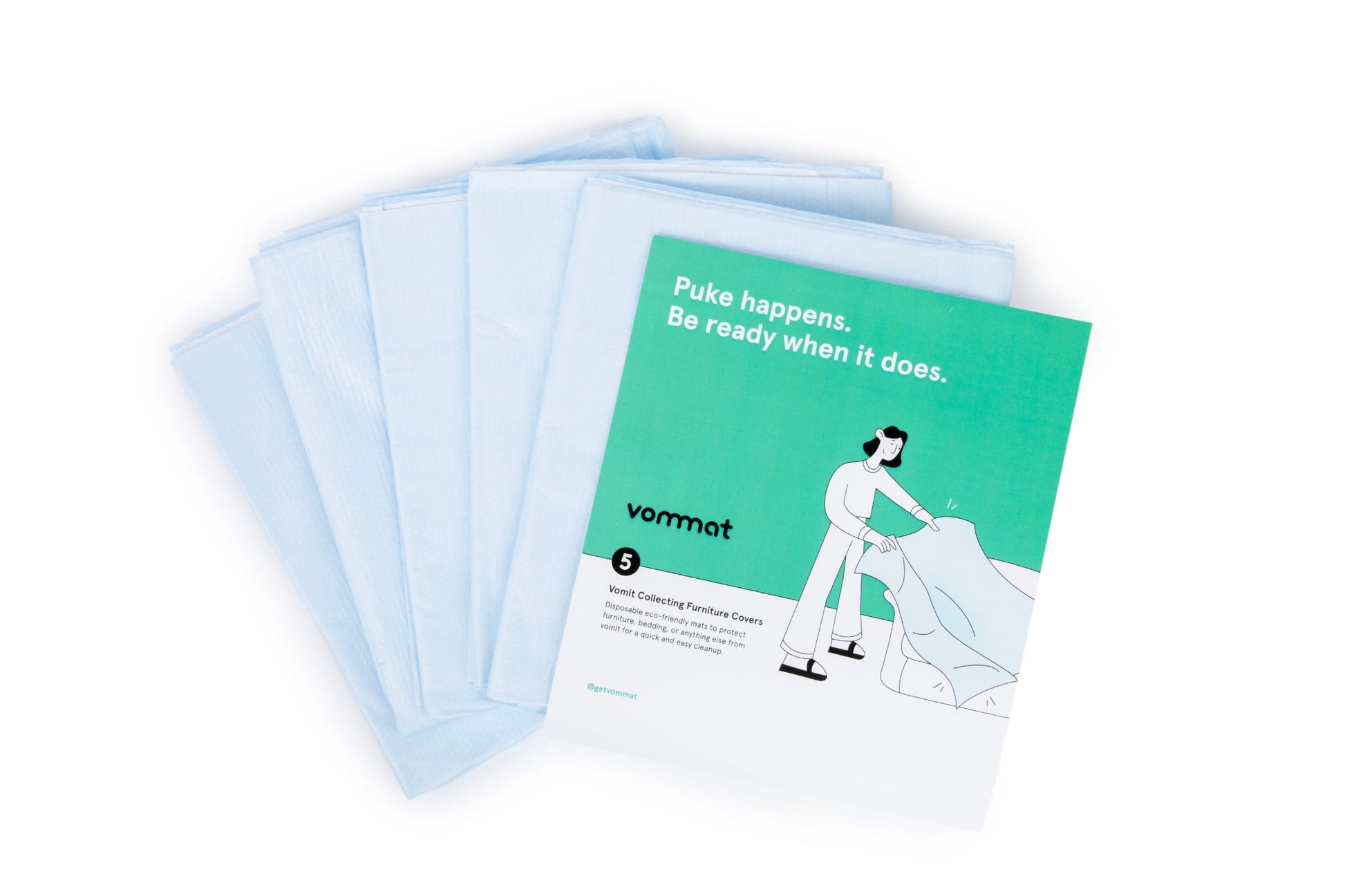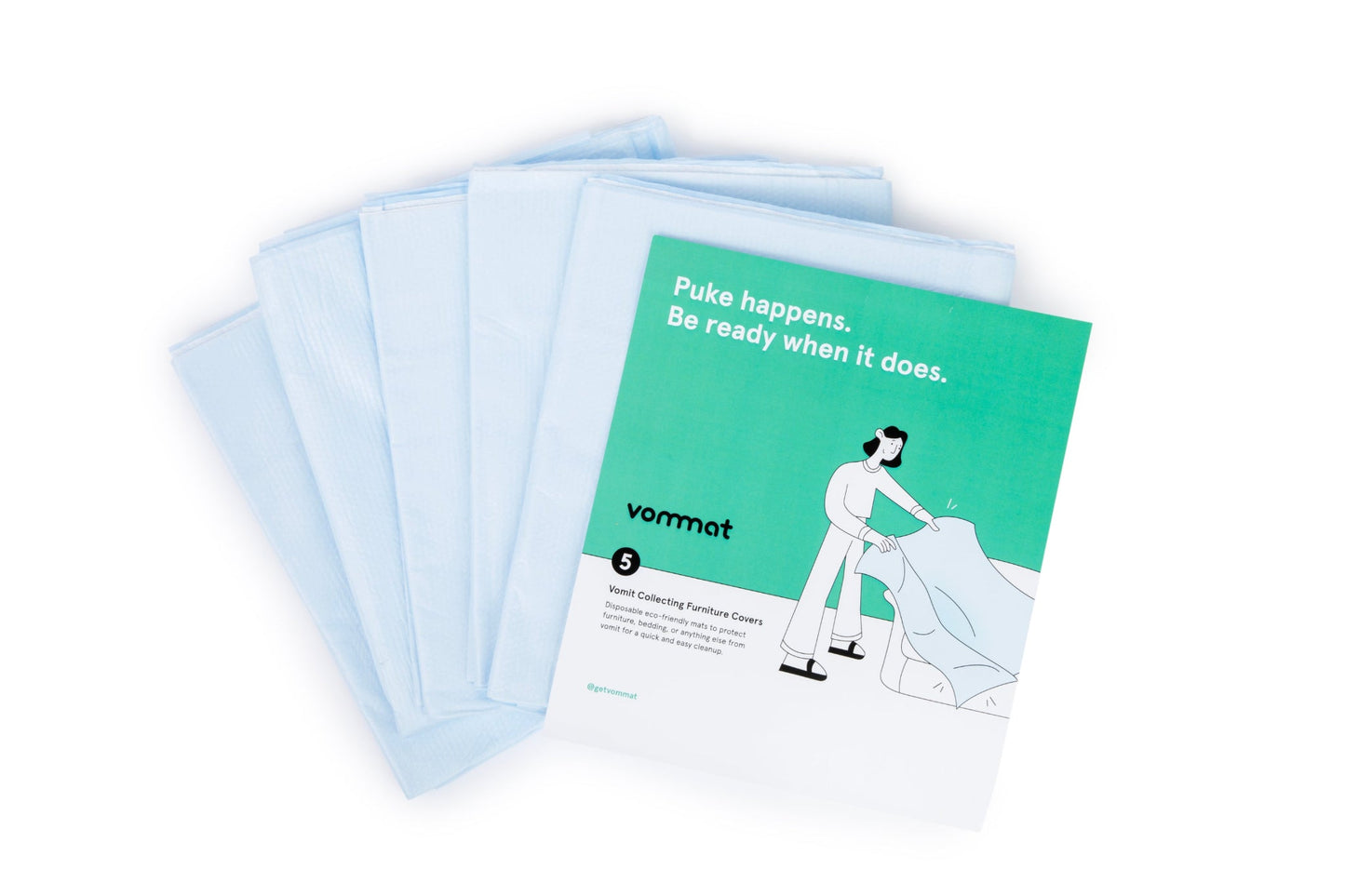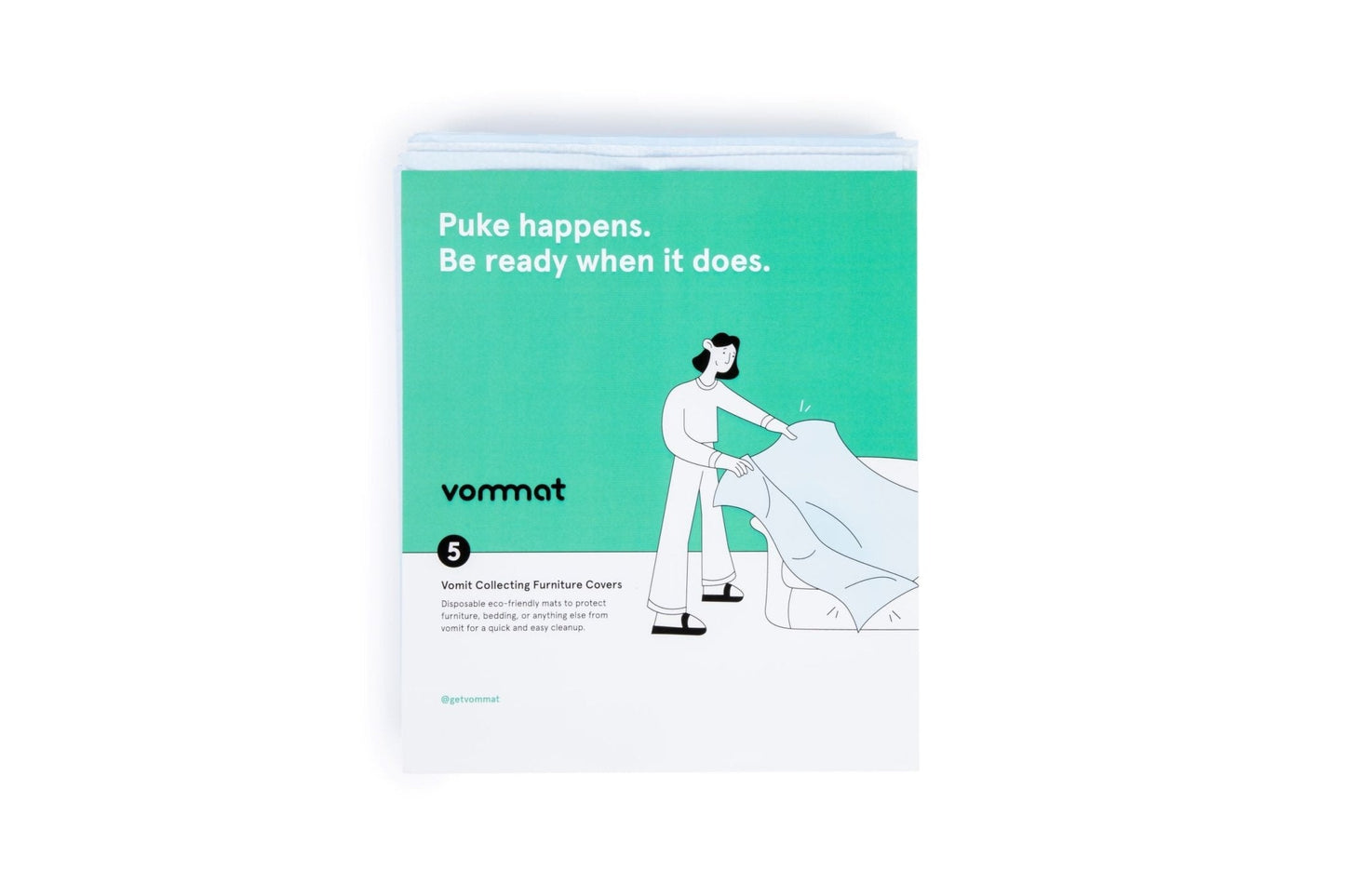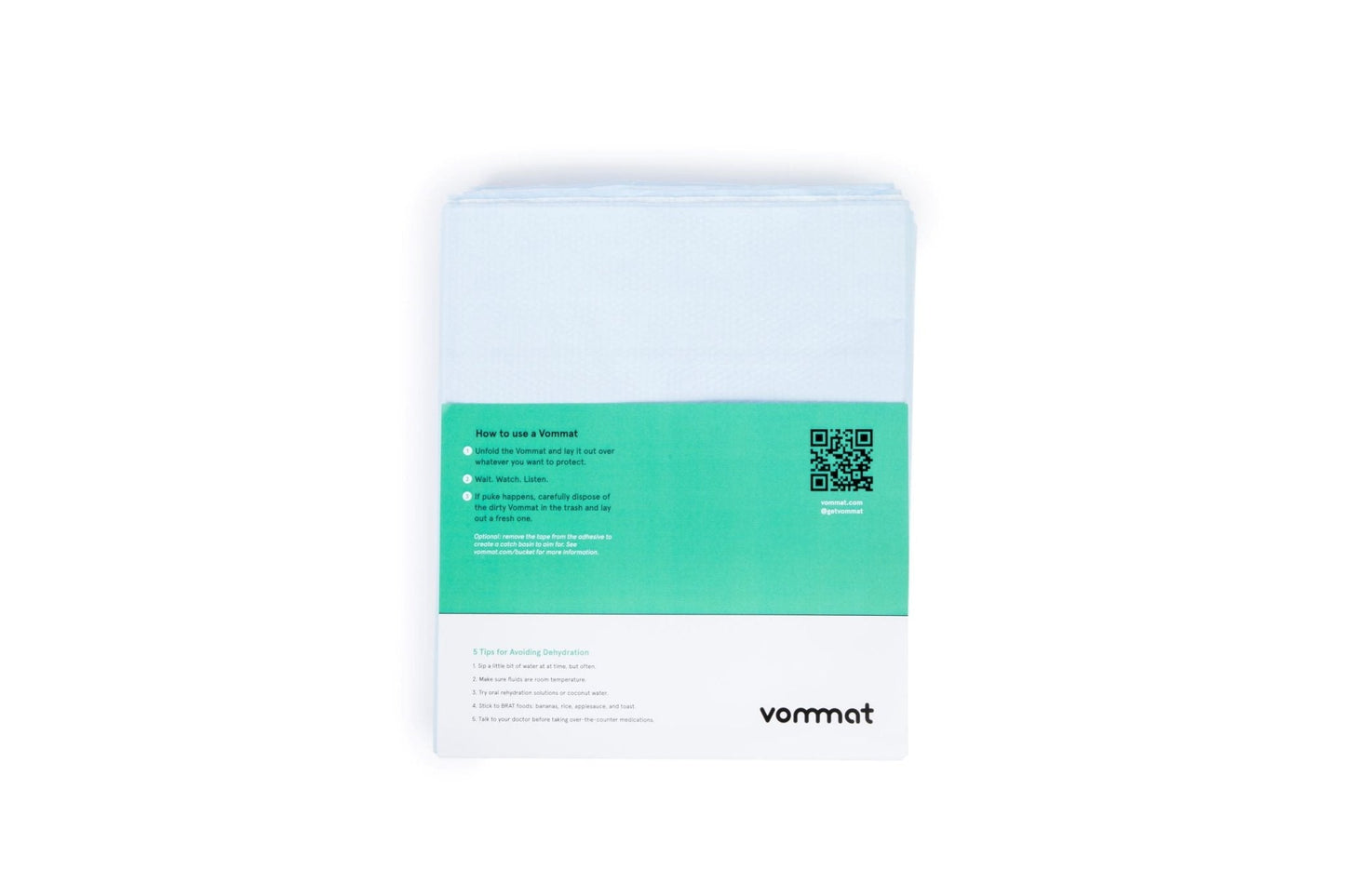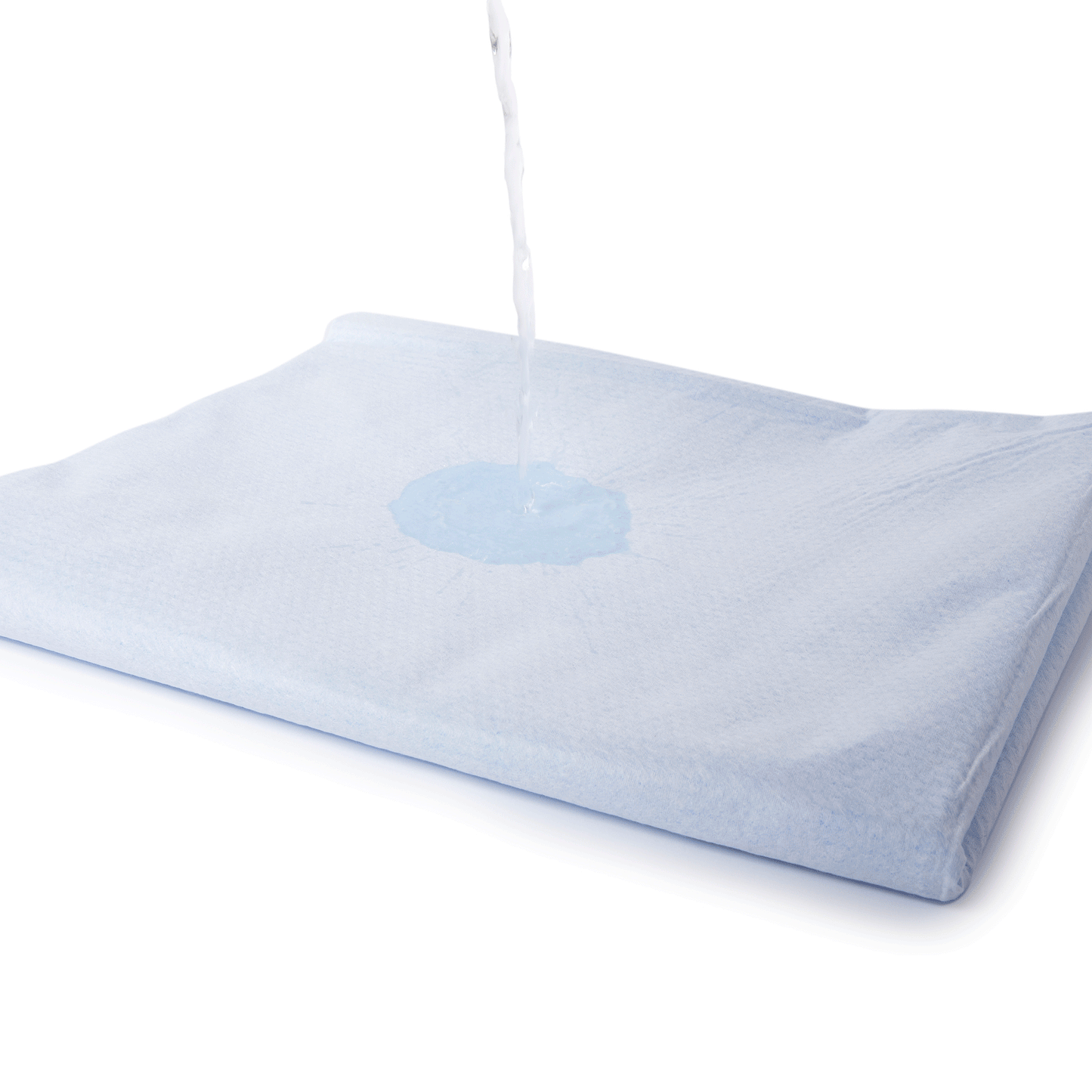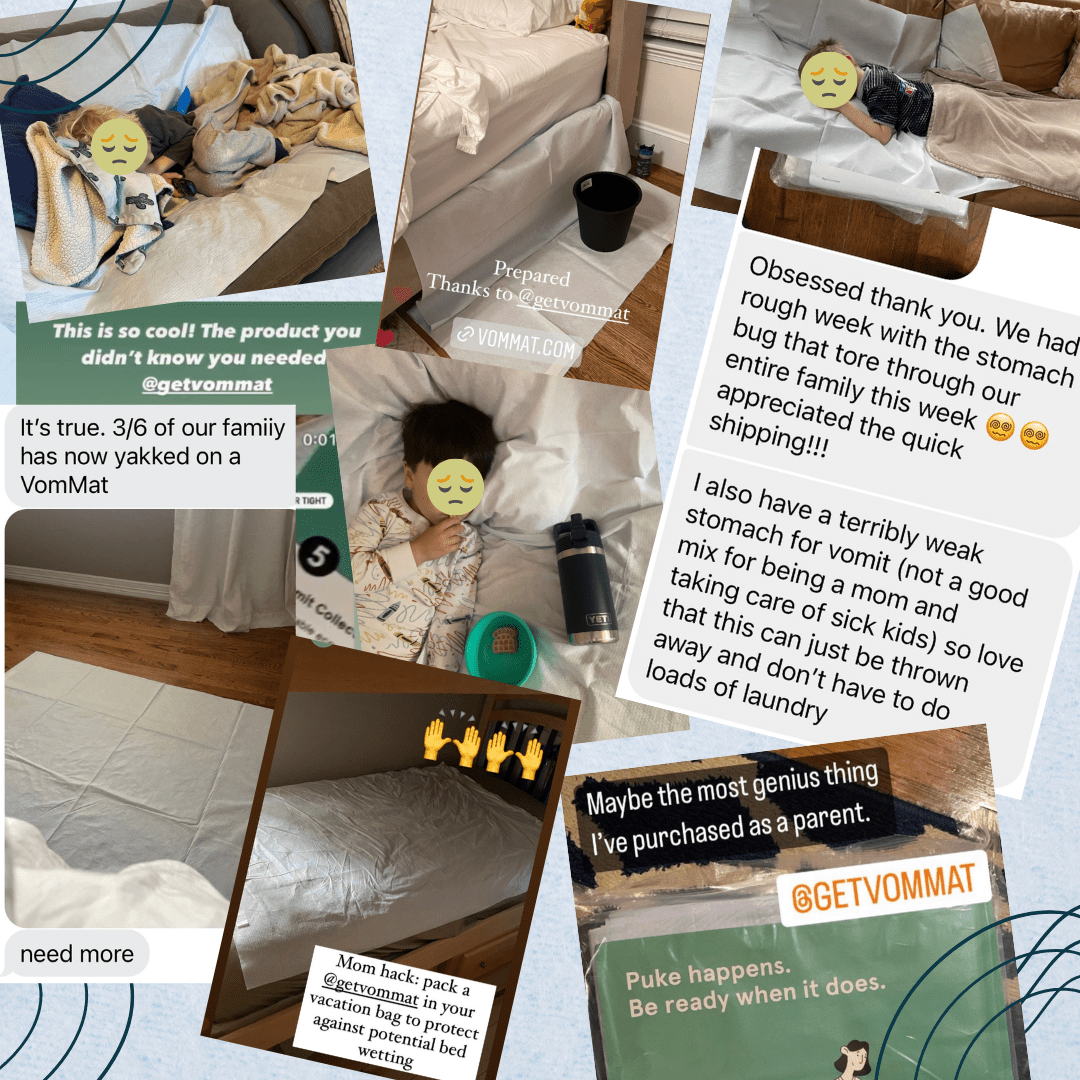When kids get sick, especially with stomach bugs or the flu, becoming dehydrated is a real concern. Vomiting, diarrhea, and even fever can lead to a loss of fluids and electrolytes, making it important to stay vigilant and try to prevent things going from bad to worse. Here are 10 effective ways to keep your child hydrated during illness and help them recover faster.
1. Understand the Importance of Hydration for Recovery
Hydration plays a critical role in helping the body fight off illness. Fluids not only replace what’s lost but also support overall bodily functions, making your child more comfortable and aiding their recovery process. Prioritize fluids as much as you prioritize rest and medication. It's like... really important.
2. Offer Oral Rehydration Solutions
Oral rehydration solutions sounds ridiculous but it means drinks like Pedialyte or other electrolyte drinks are designed specifically to replenish fluids, electrolytes, and minerals. These are often more effective than water alone, especially during bouts of diarrhea or vomiting. Coconut water and Gatorade or other sports drinks are also options. Some of the colors may make them more attractive to your kids or just having a variety may help you get more fluids down.
3. Encourage Small Sips Often
Instead of asking your child to drink large amounts at once, which may upset their stomach further, encourage them to take small sips frequently. This approach ensures that fluids are absorbed gradually and reduces the likelihood of vomiting. Straws or water bottles are great here because they don't even really have to move their heads, you can get the straw right to their mouth and have them take a sip or two as often as you need to.
4. Include Foods with High Water Content
If your child can tolerate solid foods, offer options like watermelon, cucumbers, oranges, or strawberries. These foods are not only hydrating but also easy on the stomach and provide essential nutrients. They're also tasty!
5. Make Homemade Hydration Popsicles
I know I said these were simple and this is a little bit of a stretch but if you've got the supplies its a great option. A fun way to encourage hydration is by freezing electrolyte drinks or diluted juice into popsicles. These are especially appealing to kids and can double as a soothing treat for sore throats or upset tummies. And TBH a regular popsicle is good too!
6. Avoid Sugary or Caffeinated Drinks
While sugary sodas or may seem tempting, they can sometimes worsen dehydration. Caffeine is also a no-go, as it can increase fluid loss. Stick to plain water, diluted juices, or specially formulated electrolyte drinks.
7. Learn to Recognize Early Signs of Dehydration
Knowing the signs of dehydration can help you act quickly. Watch for:
-
Dry mouth and lips
-
Dark yellow urine or decreased urination
-
Fatigue or irritability
-
Sunken eyes or cheeks
-
Cool, dry skin
8. Offer Fluids in Fun Ways
Sometimes presentation matters. Let your child pick a favorite cup or straw, or turn drinking fluids into a game (e.g., a “water race”). These small incentives can encourage reluctant drinkers to stay hydrated.
9. Know When to Call the Pediatrician
If your child is unable to keep fluids down, has a fever that won’t break, or shows severe signs of dehydration, don’t hesitate to contact your pediatrician. They may recommend additional steps or even IV fluids to rehydrate your child safely.
10. Use Vommat for Easy Clean-Up
Vomiting can complicate hydration efforts, but it doesn’t have to add to your stress. Using Vommats—an eco-friendly disposable sheet—can protect your furniture and bedding from messes. It takes a little worry out of if what just went down is going to come back up... especially if it was colorful. By simplifying clean-up, you’ll have more time and energy to focus on helping your child stay hydrated and comfortable.
Final Thoughts
Dehydration during illness is a common concern, but with these practical strategies, you can help your child recover smoothly. Remember to keep fluids accessible, make hydration fun, and act quickly if dehydration becomes severe. And don’t forget—a little preparation, like having a Vommat on hand, can go a long way in making sick days less stressful for everyone.
Featured image by Kevin Lehtla on Unsplash.


